To sin against the Holy Spirit is to voluntarily close one’s heart and make it impermeable to the action of grace.
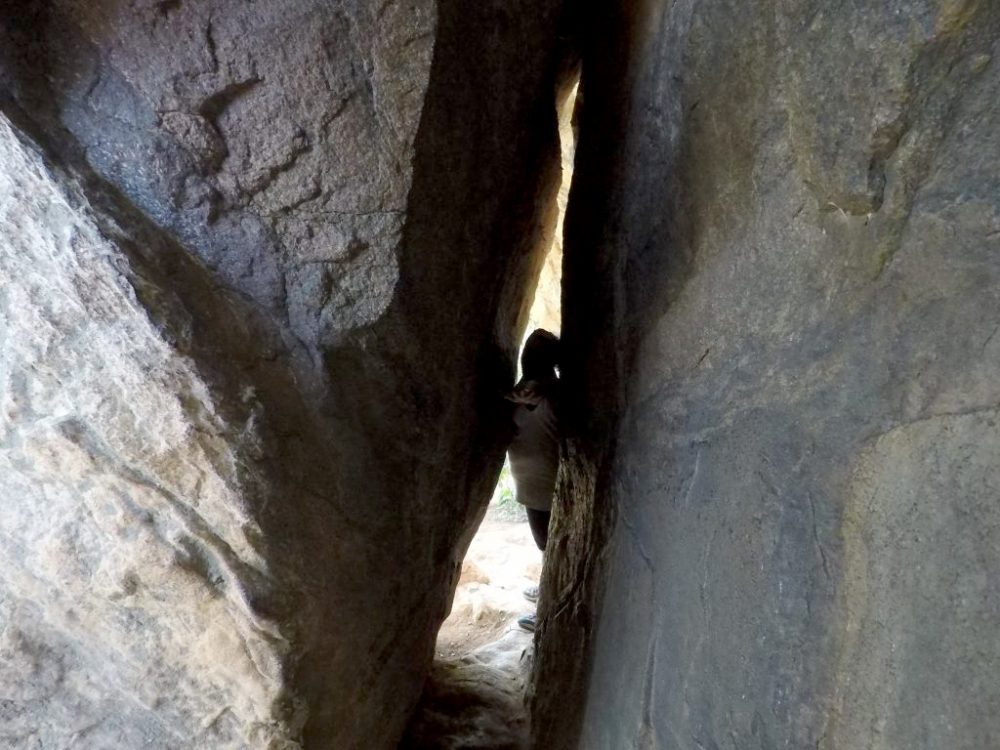

To sin against the Holy Spirit is to voluntarily close one’s heart and make it impermeable to the action of grace.

There are different ways of praying: verbal prayers, short and lengthy prayers, reading the Bible, praying the Psalms and so on. Even work and suffering can become prayer and bring us to a close relationship with God and fellow man.

Unless we acknowledge our failings and rely on God to help us, we will never be able to turn our lives around and conquer the adverse life circumstances we once chose for ourselves. In God’s eyes, there is no man who is not redeemable. It is we who need to take the first step toward Him in humility.
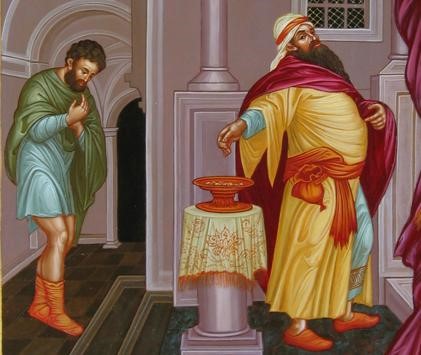
The humble, repentant sinner has greater value in the eyes of God than the egotistical Pharisee, who has a high opinion of himself and assumes that he merits rewards from God just because he follows a formula for righteousness recommended to him by his religion.
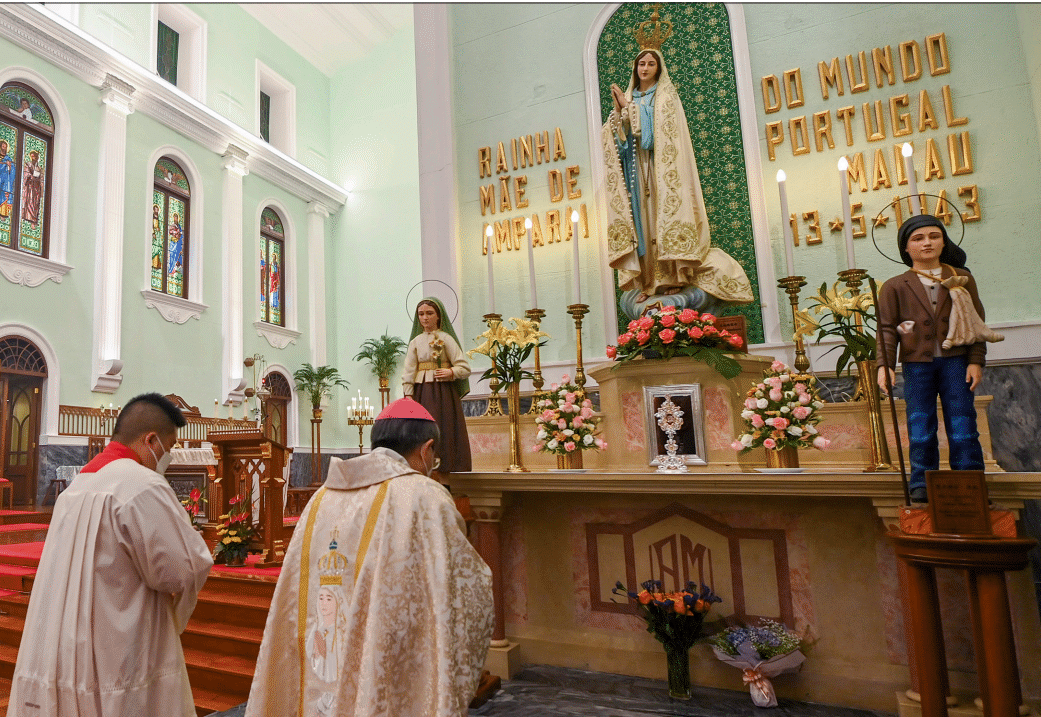
First, it was the Church of Our Lady of Fátima, then the Cathedral of the Nativity of Our Lady. The Bishop of Macau, D. Stephen Lee Bun-sang, presided over the installation ceremony of a set of relics of Saint Jacinta and Saint Francisco Marto on October 13th. The sacred objects – fragments of the coffins in which the seers of Fátima were buried – were brought to Macau by Carlos Anok Cabral. A member of the Brotherhood of Our Lady of the Holy Rosary of Fátima, Mr. Cabral visited Cova da Iria with the purpose of collecting a set of relics, returning to Macau with the same. A renowned Macanese chef, Carlos Cabral spoke with O Clarim about the way the process unfolded.
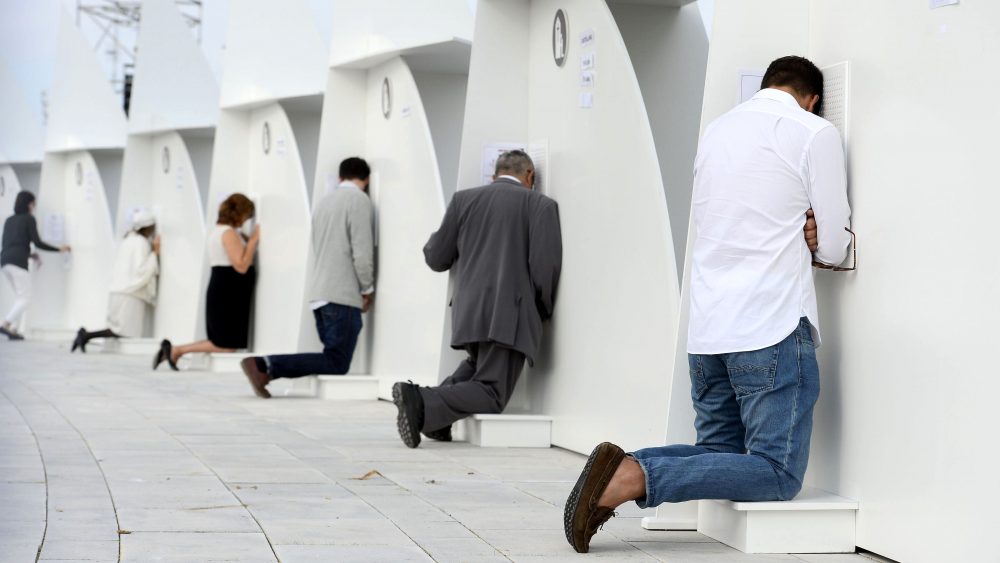
Saint Augustine wrote: “While he is in the flesh, man cannot but have at least some light sins. But do not despise these sins which we call ‘light’: if you take them for light when you weigh them, tremble when you count them. A number of light objects makes a great mass; a number of drops fills a river; a number of grains makes a heap. What then is our hope? Above all, confession (In epist. Io. 1, 6).”

We must pray always and continuously if we are to see any perceptible change in the world and in ourselves. It is not that God does not hear us when we pray sometimes. It is just His way of encouraging us to begin the change within ourselves first.
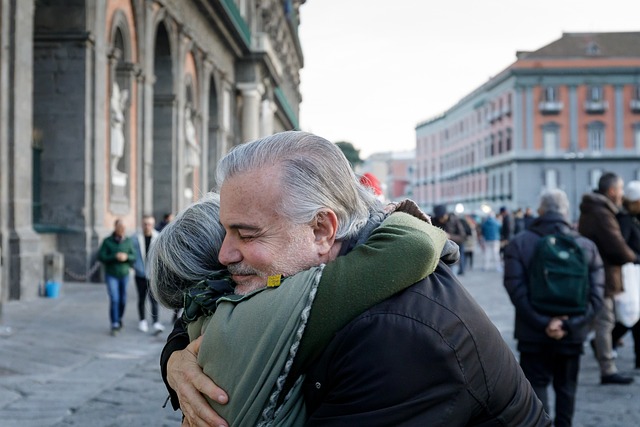
St. Francis’ experiences in life, which led to a deepening faith in God and love for Christ, are especially relevant in today’s materialistic, selfish world. He is that beacon that prompts us to strive for justice in an unequal world.

Just as one needs to communicate appropriately with one’s friends and family to maintain relationships, one needs to pray, converse with God on a regular basis. Prayer should not be motivated solely by our temporal desires, but by our need to grow in faith and become more intimate with God.

Unfortunately, we often experience God as a capricious figure whom we can manipulate with the “right” prayer formula, ritual or devotion, thinking that our insistence might magically convince Him to give us what we want, regardless of the goodness of our request. Prayer is not only asking, but also listening.